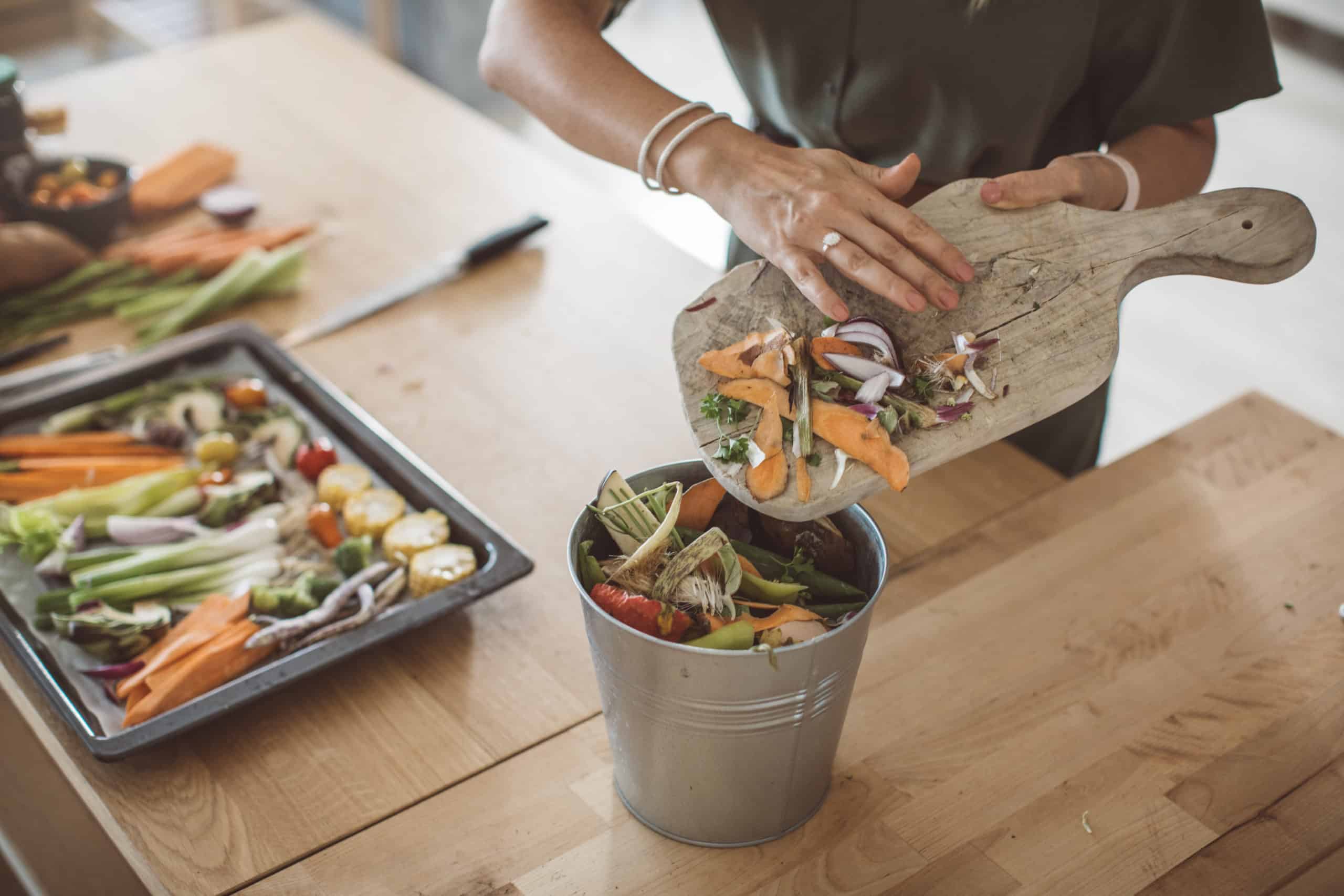When you think of recycling, the first things that probably come to mind are paper, cardboard, cans, bottles and plastic. But organic waste, like leftover food or yard trimmings, is recyclable too. And not only is recycling these items better for the environment, it’s also the law.
With California Senate Bill 1383 in place, cities throughout the state must recycle at least half of all organic waste, diverting it from landfills, by 2020. And by 2025, cities will be required to recycle 75% of organic waste. Adding to this is Assembly Bill 1594, which prevents cities from reusing green waste as temporary landfill cover — something that had previously been permitted under the state’s recycling laws.
Why It Matters
As organic waste sits in landfills and decomposes, it releases methane into the atmosphere. This is a significant source of greenhouse gas emissions that are contributing to global climate change. Not only that, methane and other pollutants can contribute to a variety of health problems.
Recycling creates opportunities to keep organic waste out of landfills and even redirect edible food to individuals facing food insecurity.
How This Affects the Community
SB 1383 will be enforced beginning in 2022, after which time municipalities will have to pay substantial fines for each day the recycling requirements are not met. Therefore, it is important for all of us to do our part to help recycle organic waste and make sure our communities are in compliance.
In some cases, this may mean paying a bit more for your trash collection bills to fund recycling efforts. You can also help your community by making sure to use your designated yard waste can, contributing to local food recovery programs and/or hauling your organic waste to a composting facility like those run by Agromin.
What Agromin Does to Help
Agromin collects a wide variety of organic waste, including food and yard waste, from cities, landscapers, businesses, farms and community members. We then convert this waste into organic soil products that help conserve water, restore soil nutrient balances, and promote healthy landscapes and agricultural sustainability. Each year, we recycle more than 600,000 tons of organic material into compost, soil amendments, top soils and mulches. From 1991 to 2019, Agromin recycled more than 7,200,000 tons.
Want to learn more about the new organic waste recycling laws and what you can do to help? We’re here to answer all of your questions — contact us today!

